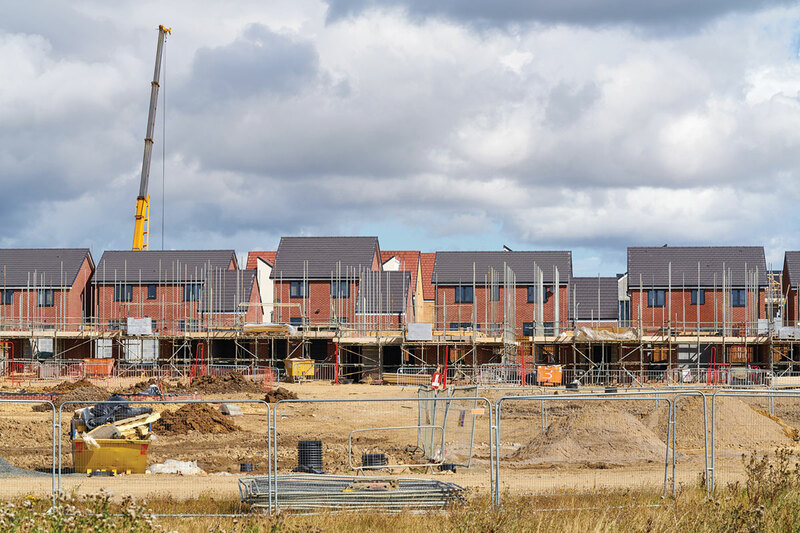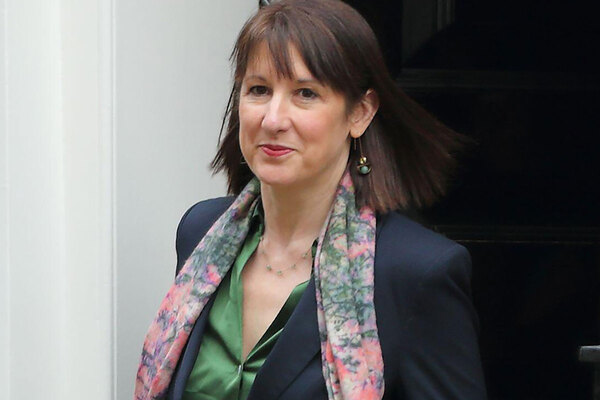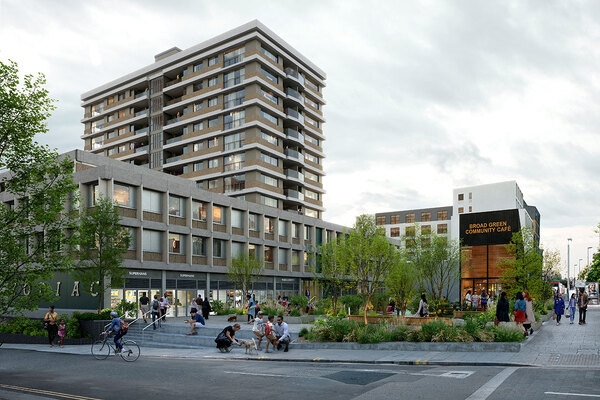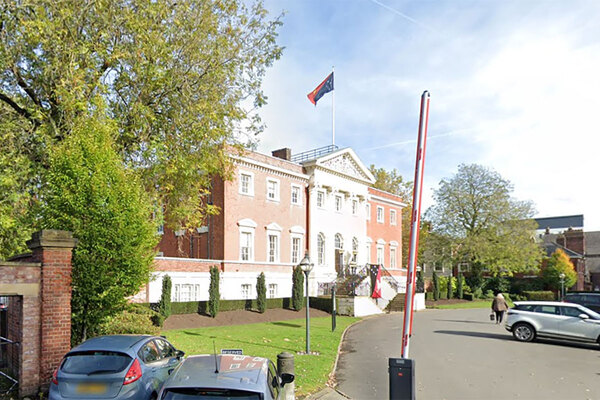You are viewing 1 of your 1 free articles
RSH quarterly survey: inflation and labour shortages bring repairs investment 33% below target
Investment in major repairs across the sector was 33% below target last quarter because of inflationary pressures, as well as labour and material shortages, new figures from the Regulator of Social Housing (RSH) have shown.
The English regulator, which has published the results of its latest quarterly survey of registered providers’ financial health for the period from 1 April to 30 June 2022, also found that investment in new homes was 14% below target.
The survey, which was done before the government proposed a potential rent increase cap, is based on regulatory returns from 204 registered providers and groups that own or manage more than 1,000 homes.
It showed that providers invested £503m in major capitalised repairs over the three-month period, the highest total ever recorded in a first quarter, but 33% below forecast.
More than half (56%) of providers experienced delays to repairs and maintenance programmes between April and June.
“Labour and material shortages continue to impact on planned investment, and cost inflation is evident,” the regulator said.
Registered providers invested £2.9bn in new properties in the quarter, which was 2% less than the previous quarter and 14% below forecast for contractually committed schemes.
Providers reported development delays due to “ongoing supply chain issues leading to labour and material shortages”, along with planning delays and slower land acquisitions.
The number of affordable homes expected to be completed in the next 18 months stands at 38,595, of which 32,726 units are contractually committed.
The target represents a 52% increase in affordable home development compared to the number of homes completed in the 18 months to June 2022 (25,453). However, this period was severely affected by the COVID-19 pandemic.
A third of the affordable homes pipeline is made up of eight providers, which each plan to build more than 1,000 homes in the year-and-a-half from June. Two providers are for-profits.
The survey also found that registered providers paid back less than half the average in loans during April and May when compared to the year before.
Loan repayments of £0.7bn were made during the quarter, compared to an average of £1.5bn per quarter during 2021-22.
The regulator said that after a period of “particularly high refinancing activity”, loan repayments in the quarter reduced to the lowest amount in almost three years.
Providers expect to see a 26% fall in how much interest they can pay on debt because of forecast spend on repairs and maintenance and higher interest payments.
Interest cover stood at 89% in the quarter to June 2022, representing the lowest percentage recorded since cash flow data was first collected in 2015. It was also below the target of 95% made in March.
Providers have forecast interest cover to average at 98% over the financial year, compared to an average of 124% in the 12 months to June 2022.
Will Perry, director of strategy at the RSH, said that while the sector “remains financially strong”, wider economic trends are starting to present challenges for social housing providers.
“This is seen most clearly in cost inflation and material and labour shortages, as well as higher interest payments and potential changes to the rent ceiling,” he said.
“Boards will need to monitor these trends closely and have a strong focus on contingency planning to ensure they can respond quickly to emerging risks.”
Sign up for our development and finance newsletter
Already have an account? Click here to manage your newsletters












